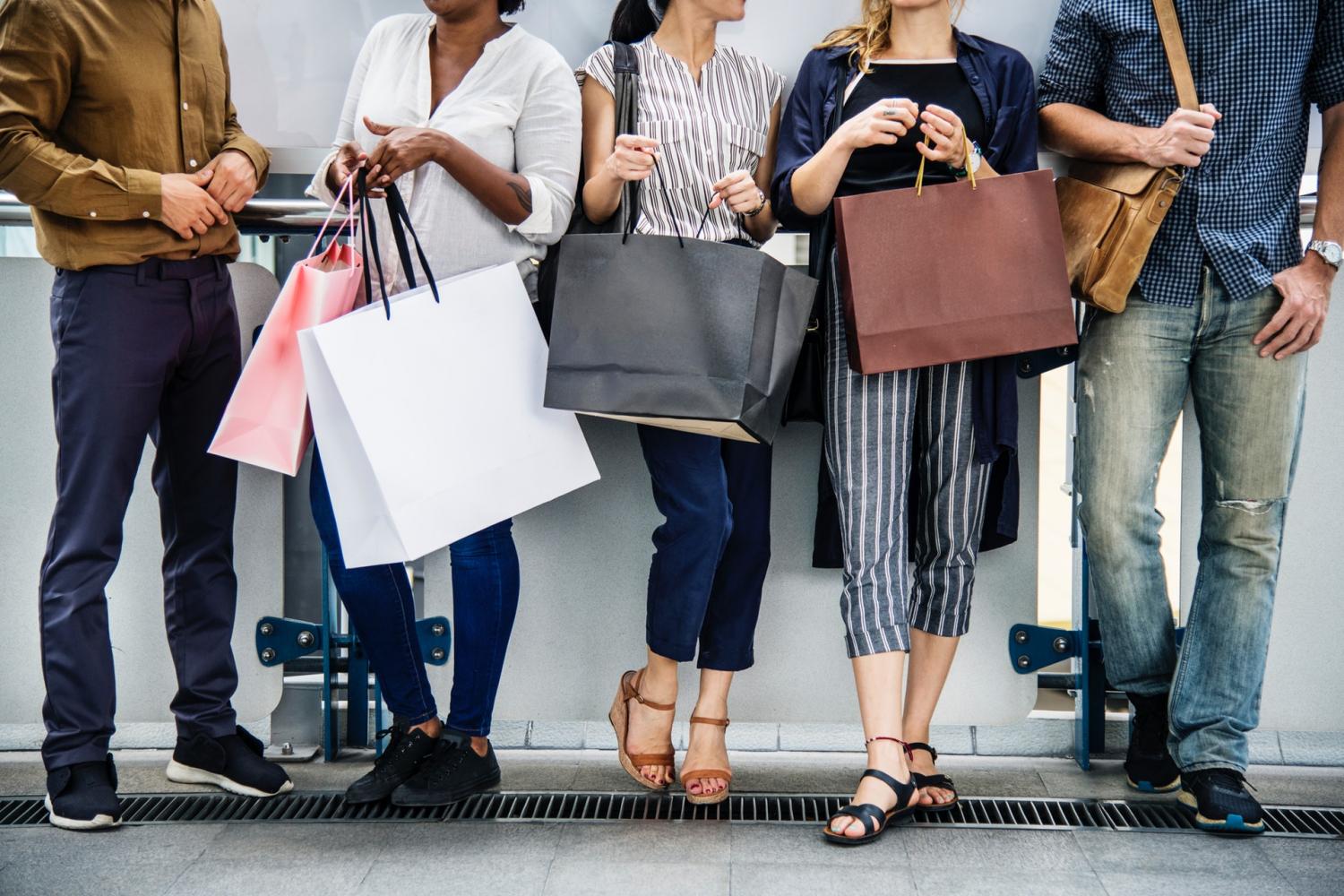
If you see people wearing their clothes inside-out today, don’t be alarmed. In support of Fashion Revolution Day, tens of thousands of people around the world are taking to social media today, snapping selfies, tagging brands and asking them “#whomademyclothes. In so doing, they’re inviting consumers to question the origins of what they wear and calling on clothing brands to take full responsibility for their supply chains.
“Ninety-five percent of brands don’t know where their materials come from, and 75 percent don’t know where all their clothes are cut and sewn,” said Maxine Bédat, co-founder of slow fashion brand Zady and U.S. co-chair of Fashion Revolution Day. “It’s absolutely a brand’s responsibility to know where their product is sourced. This is about pushing brands to have an answer to what should be a simple question.”
In its second year, Fashion Revolution Day is a globally-organized movement that aims to raise awareness of the true cost of fashion and propel the global apparel industry to innovate toward a more sustainable future.
With participants from 71 countries joining the movement in a variety of ways – some have organized panel discussions, workshops and other events leading up to today and others have simply sent a tweet – the day is a reflection of the multi-sector collaboration that will be needed to successfully address the social and environmental issues along fashion’s entire value chain.
A truly global conversation, Fashion Revolution Day has galvanized everyone – farmers to factory workers, brands, retailers, consumers and nonprofits, from Spain to Zimbabwe – on sites such as Twitter, Facebook and Instagram to call for systemic reform in fashion supply chains. Companies as diverse as Eileen Fisher, Patagonia, American Apparel, Maiyet and Zady are partaking in the discussion.
The day also marks the two-year anniversary of the Rana Plaza factory collapse in Bangladesh, a tragedy that has spurred a global conversation about apparel industry manufacturing practices.
“We’re using that tragedy to change the industry, to shed light and bring some transparency to what has become a really hidden and secretive industry,” Bédat said. “If consumers demand transparency and demand that their hard-earned dollars are going to treating people fairly, brands will actually do the work to make that happen.”
To place a human face on the sometimes nebulous apparel supply chain, Fashion Revolution Day organizers have profiled garment factory workers from around the world and shared their stories on its website. Country organizers and some brands have also taken snapshots of factory workers and shared them on social media.
You can join the #FashionRev conversation online today by turning your clothes inside out and asking brands #whomademyclothes.
Image credit: Pexels

Nayelli is the Founder & CEO of CreatorsCircle, a resource hub that connects diverse youth with opportunities to create a life of purpose and impact. A trained journalist with an MBA, she also keeps the pulse on sustainable business and social impact trends and has covered these topics for a variety of publications over the past 15 years. She’s a systems thinker who loves to learn, share knowledge and help others connect the dots.














